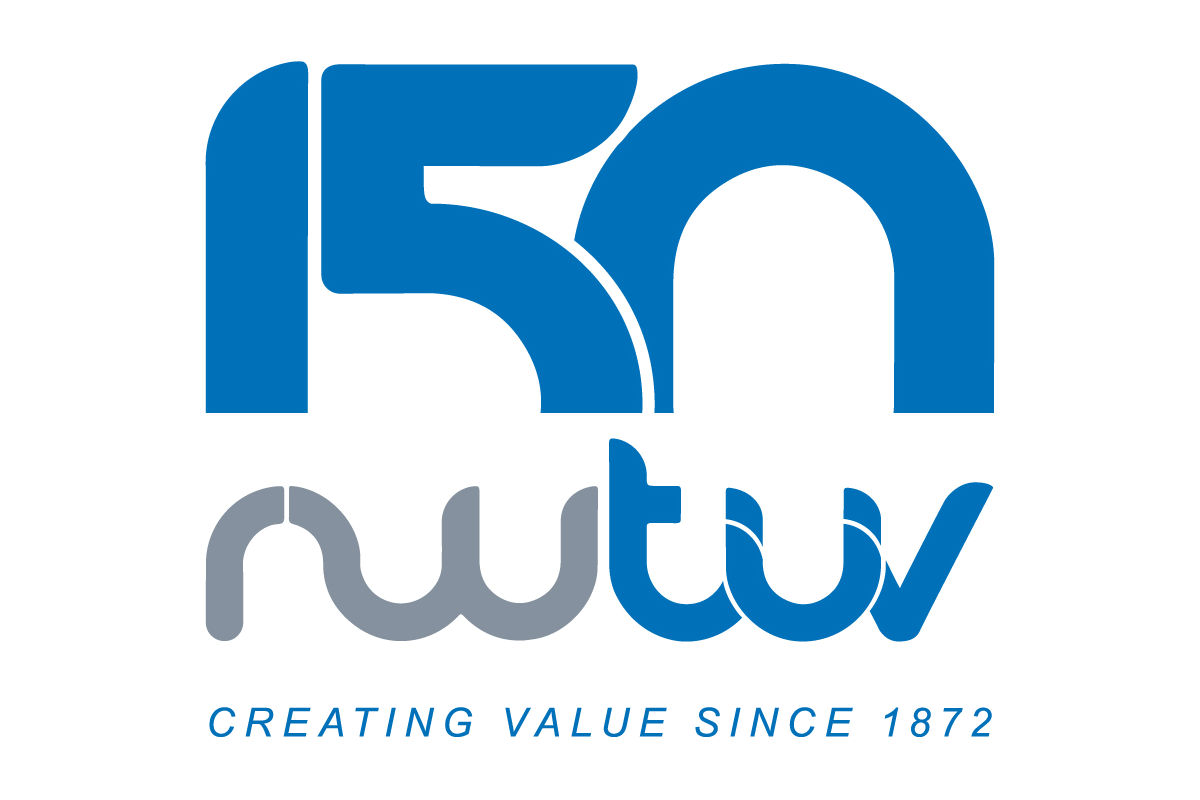"Diversität leben - eigentlich ist das für uns alle Alltag. Aber diese Diversität wollen und müssen wir auch im Arbeitsleben noch konsequenter abbilden. Davon profitieren wir, Diversität ist heute Grundvoraussetzung für Erfolg!" Das Statement kommt von Herzen. Sehen Sie selbst!
From the first idea for a product or service, the companies of the RWTÜV Group have a special eye and passion for its quality, safety and performance. While not actively involved in production, a special aptitude as a partner providing valuable input in the development or design phase has been in RWTÜV’s genes for 150 years. Today, this applies just as much to electronic communication or entertainment devices as to smart meter units or (digital) insurance offerings.
In 1872, the DÜV engineers started out with the aim of improving the safety of the boilers they inspected. So the results of their investigations necessarily had to be evaluated and utilised in the design of each successor model – otherwise they would be pointless. But aside from material gained from practical experience, they also sought their own theoretical insights, and combined findings from both worlds to establish sets of principles that were then developed into regulations.
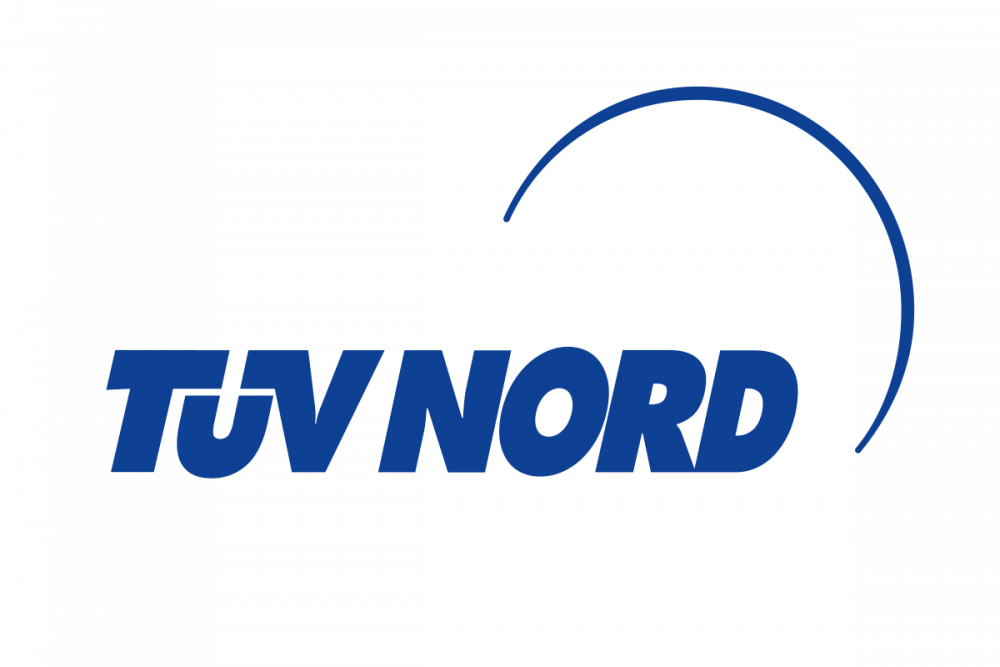
The Automotive Lab (Kraftfahrzeuglaboratorium) established in the 1950s – later to become the Institute of Vehicle Technology (IFT) – is one example of how this ambition became a strategy for an entire company. The first step – testing vehicle models and parts – was quickly supplemented by brake tests and exhaust gas testing. With a new building in Essen-Kray in 1985, the customer-specific range of services was expanded. In 1989 the name “Institut für Fahrzeugtechnik” (IFT) was adopted; then in 1990 the so-called IFT Advisory Board was formed. The transformation into a provider of development support services and the opening of the “Electronics & IT” competence centre in 2003 resulted in growth – also because of the increasing importance of electronics and IT in vehicles. To this day – and since 2021 from a state-of-the-art test centre at a specially renamed address “Am TÜV 1” in Essen-Frillendorf – science, industry and commerce develop strategic plans together on the IFT Advisory Board.
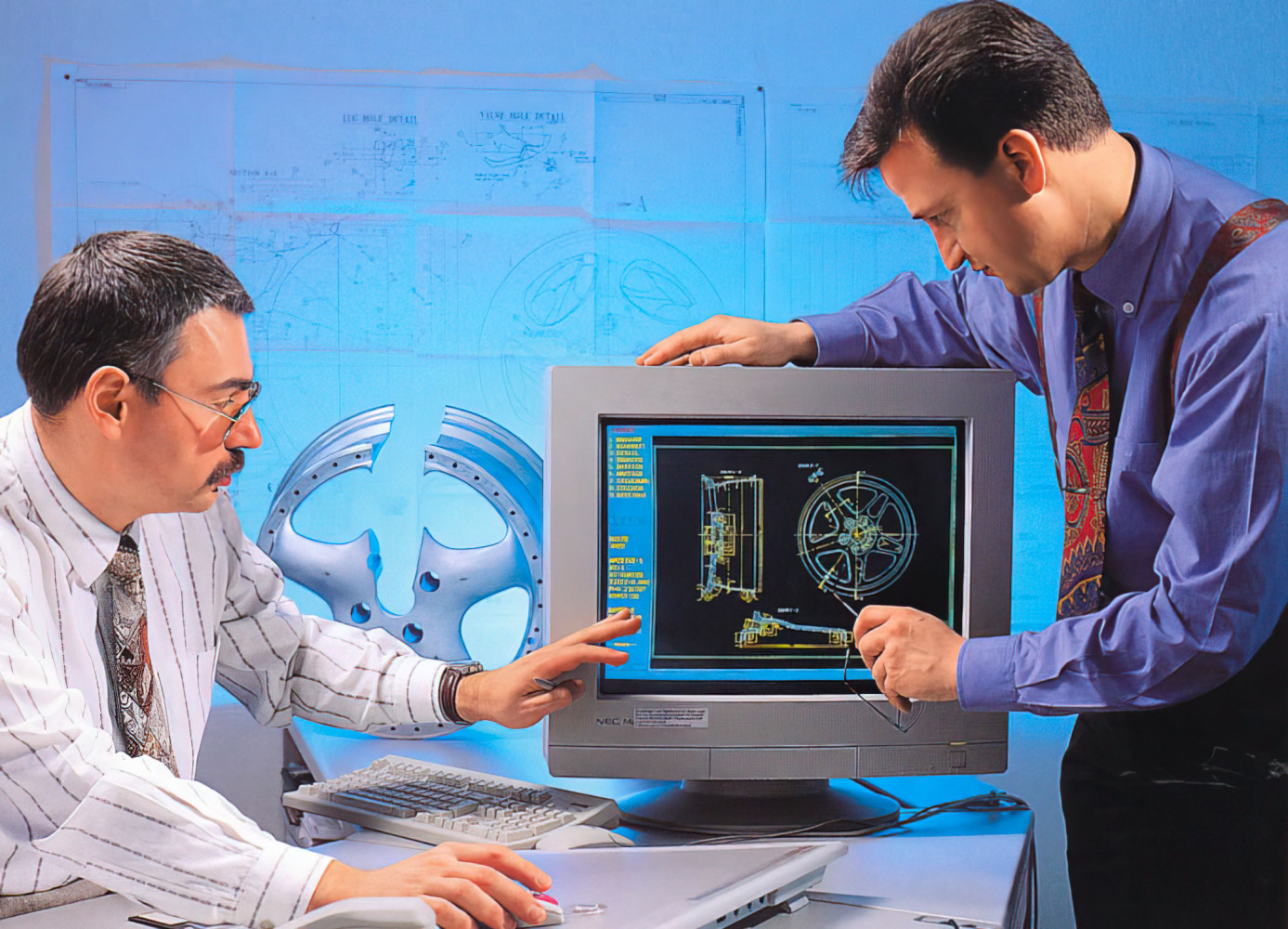
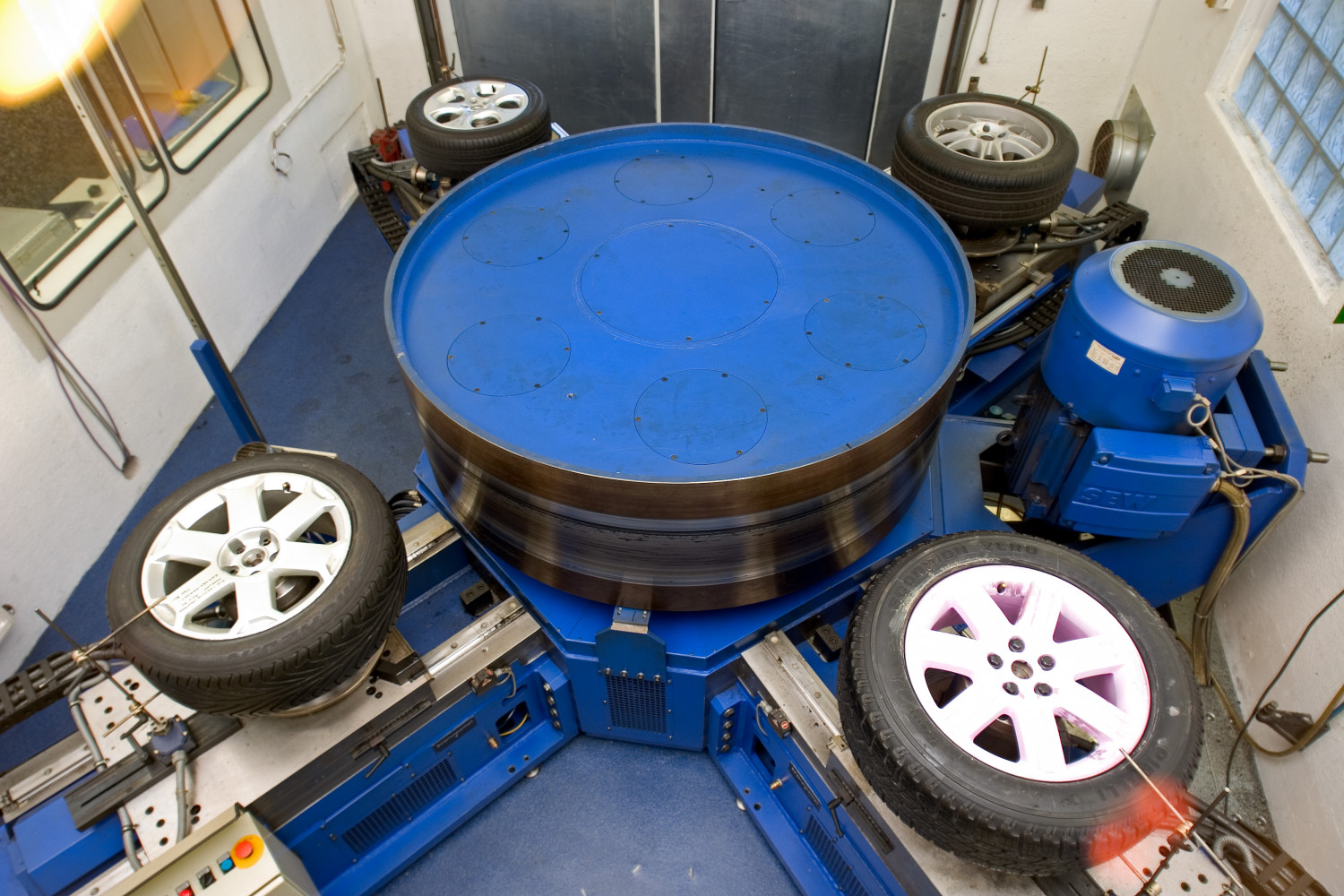
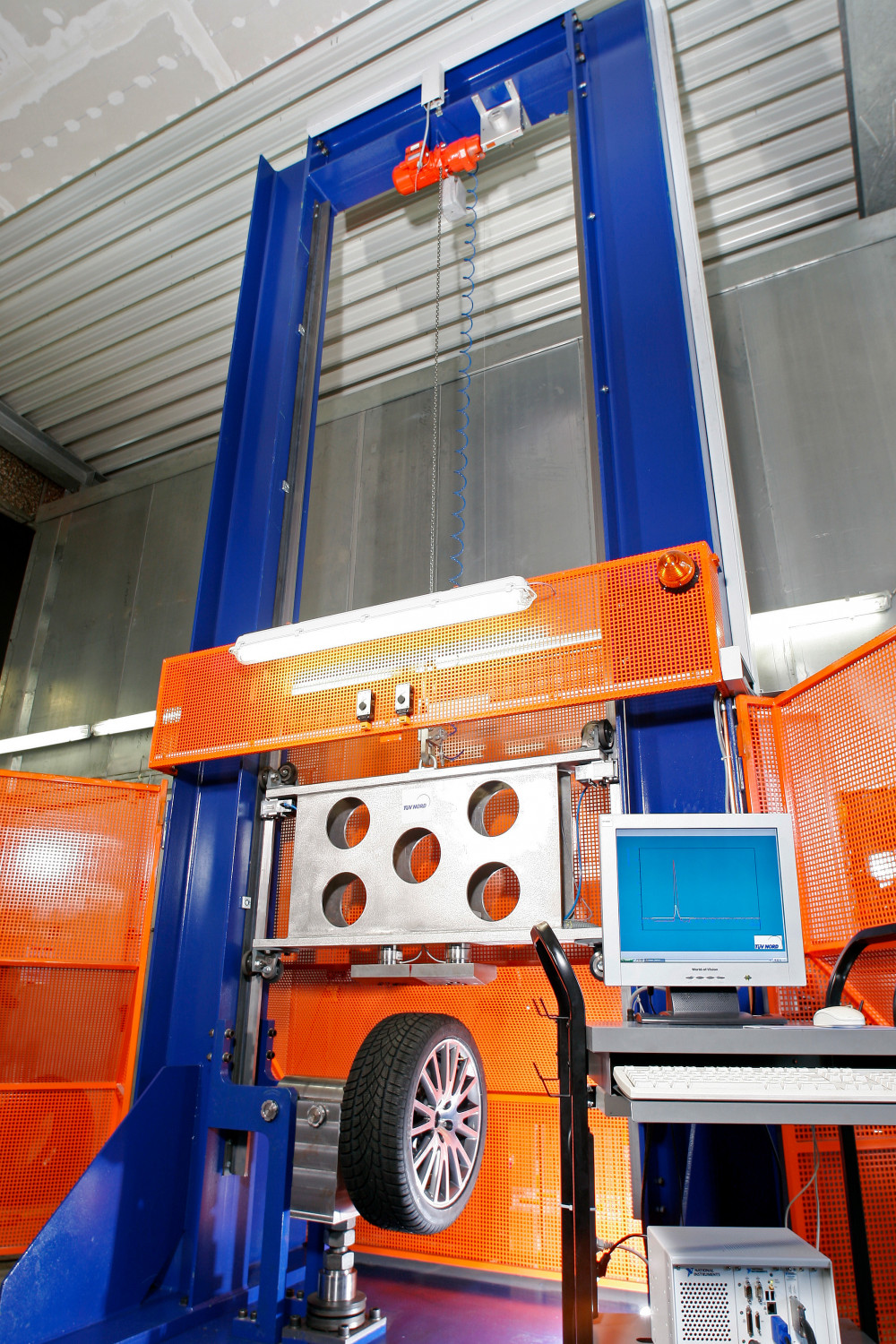
Over decades, RWTÜV has developed from a downstream testing organisation into a think tank and sparring partner in the development phase for the automotive industry. Interdisciplinary collaboration with Group sister companies or partnerships with external service providers are standard, as are the drafting of specifications and safety concepts, and supporting development work with conformity, reliability and interoperability tests. The core business of vehicle testing and component development is now in the hands of TÜV NORD AG, in which RWTÜV holds a 36.1% stake.
A path similar to that taken in the automotive sector can also be traced out for the nuclear energy department. While inspection activities began 150 years ago with individual steam boilers, more than 100 years later the RWTÜV nuclear engineering department provided comprehensive services for the safety of an entire plant – from certification of the builder’s works and manufacturing processes, through reviewing construction and calculation documents, monitoring semifinished products and finished components or processes such as compressed gas tanks and welding methods, to the acceptance of the completed plant.
